October 12, 2017
New Scotland Yard wins Better Public Building Award at the 2017 British Construction Industry Awards
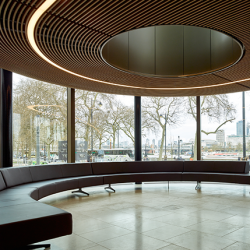 The New Scotland Yard building on Victoria Embankment has been named as the winner of the 2017 Prime Minister’s Better Public Building Award. The Award sets out to ‘recognise excellence in publicly funded buildings and infrastructure, and highlights projects that bring real change to communities, demonstrate innovative and efficient construction and deliver value for money’. The winning building, designed by AHMM, is a £58 million project that remodelled and extended the former Curtis Green building. It represents a move back to Victoria Embankment for the Metropolitan Police service, having first previously occupied the address in 1890. The new entrance is designed ‘to create a welcoming and non-institutional yet secure front door’ and reinstates the iconic revolving sign. The project was completed as part of a major rethink of the organisation’s corporate real estate strategy, in line with UK Government objectives for the public sector estate.
The New Scotland Yard building on Victoria Embankment has been named as the winner of the 2017 Prime Minister’s Better Public Building Award. The Award sets out to ‘recognise excellence in publicly funded buildings and infrastructure, and highlights projects that bring real change to communities, demonstrate innovative and efficient construction and deliver value for money’. The winning building, designed by AHMM, is a £58 million project that remodelled and extended the former Curtis Green building. It represents a move back to Victoria Embankment for the Metropolitan Police service, having first previously occupied the address in 1890. The new entrance is designed ‘to create a welcoming and non-institutional yet secure front door’ and reinstates the iconic revolving sign. The project was completed as part of a major rethink of the organisation’s corporate real estate strategy, in line with UK Government objectives for the public sector estate.







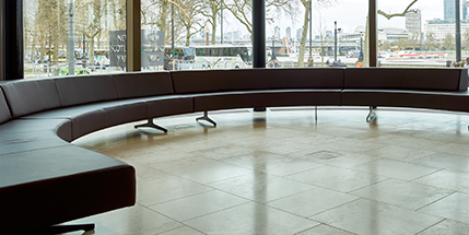


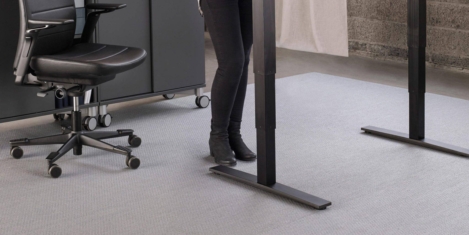
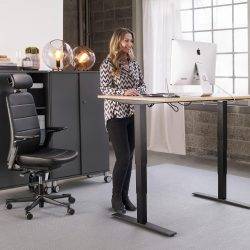
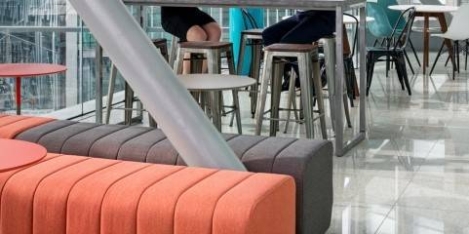
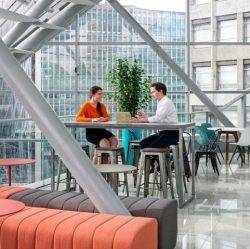


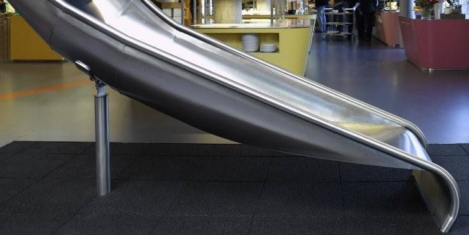
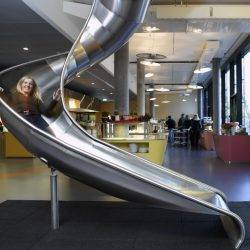



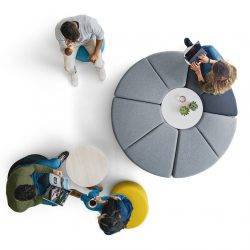
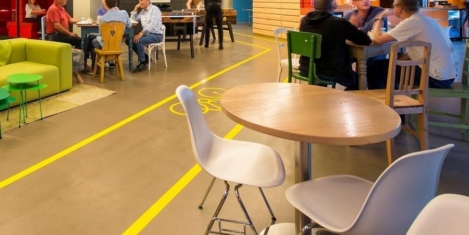
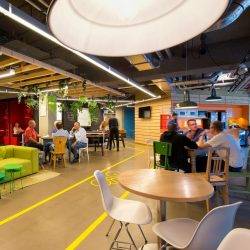
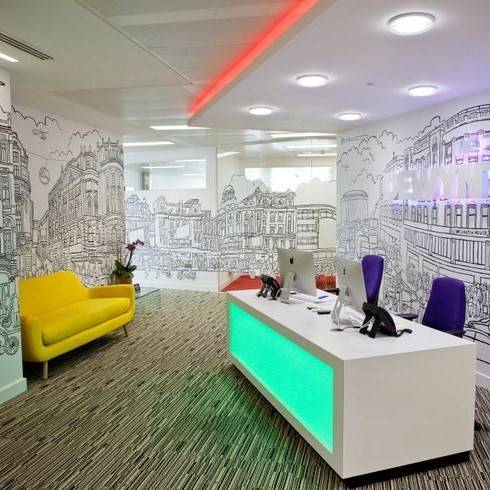
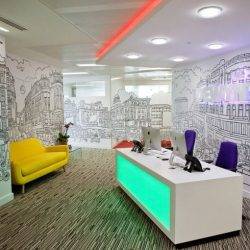










October 9, 2017
Our Twentieth Century approach to ergonomics has to change
by Mark Eltringham • Comment, Flexible working, Technology, Wellbeing, Workplace design
(more…)